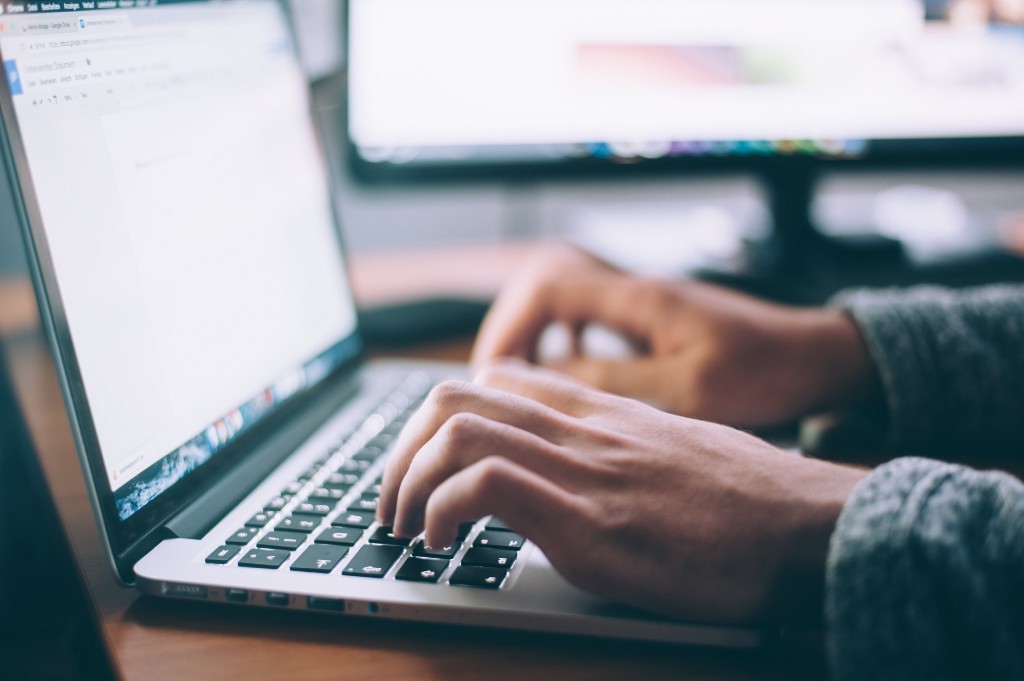None Of Us Can Focus
Try adding some fiber to your media diet.

If you’ve noticed getting things done at work is harder now than it was before the inauguration, you’re right. A new survey commissioned by BetterWorks (a software company that helps people set and track goals) found that politics has slowed a lot of people down post-election.
Basically, the explanation is this: In 2017, you’re more likely than ever to have a job that requires you to be on a computer for at least some of your day. If you’re on your computer, there’s an 87% likelihood that you’ll use a portion of that time to check political posts on Facebook or Twitter. And if you’re using those platforms, you already know that everyone hanging out there is… fired up.
There seem to be two big results that accompany a rich diet of political links and screeds. First, they’ve noticed a rise in something called “workplace incivility,” and second, 29% of workers say they are less productive now than they were before the election. That number climbs to 35% “among those who read 10 or more political social media posts per work day.” In other words: more takes = less will to remember ccing Katie from marketing on that followup email.
Here’s something I’d like to point out, though: productivity isn’t necessarily good. And decreased productivity isn’t necessarily bad. Reacting to a barrage of depressing news with a depressed mood is… the exact correct order of operations, and the expectation that you should be able to generate uniform output at work despite the 70 billion variables that go into inhabiting a mortal form on a given day just isn’t realistic. To put it another way, if the news were this consistently awful and you were still describing your mood as perky and upbeat, you’d be unhinged. Locking your jaw and smiling through stress is a lot scarier sounding than, “Today I read that Betsy DeVos said [something], so I spent 10 minutes on Wikipedia trying to understand it.” One of those people is engaging their feelings, and the other might scream unexpectedly because SOMEone forgot to CHANGE the TOILET PAPER ROLL in BATHROOM again.
So we’re gonna be less focused at our jobs. That makes sense. But since the frequent-post-readers had a 35% admission of decreased productivity compared to the fewer-post-readers’ 29%, it might also make sense to try and figure out how much new information we’re able to take in without dying inside. Because, for the foreseeable future… this is the media landscape.
Something as simple as ingesting news without the middleman of Twitter seems like a place to start. Prioritizing a roundup like NYT’s morning briefing or NPR’s hourly news summary over Twitter in your ~media digestion routine~ might help get you to the big headlines without slapping yourself in the face with the same bad news over and over again. Cause it turns out hearing, “Something happened” once and authoritatively is less of a nightmare for our state of mind than a chorus of “Something happened,” “Something didn’t happen,” “25 somethings that happened before something happened,” “You won’t believe this iconic tweet thread about something that happened,” “Imo people who say something happened are bad,” etc. Hm.
